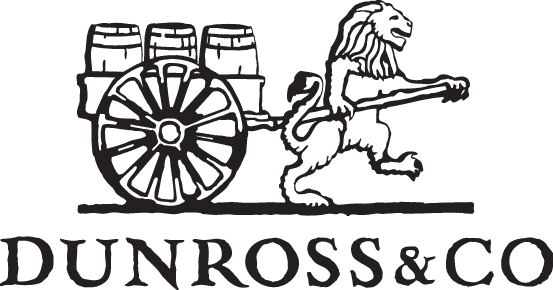Dunross Prehistory
Everything must start somewhere – here with the first investment
Sweden is in a structural crisis, with the steel, shipyards and forestry industries in structural decline. Labor unions are squeezing companies and the cost pressure is enormous. A decision is taken to socialize all Swedish companies, through funds owned by the unions. There is an oil crisis and later one more and petrol is rationed. We have heavy capital controls and the marginal income tax is 90 percent, sometimes over 100 percent. The average turnover per day at the Stockholm stock exchange is 0.5 MUSD. Our contrarian investment style is born in this environment, with the acquisition of 15 shares in Boliden…
